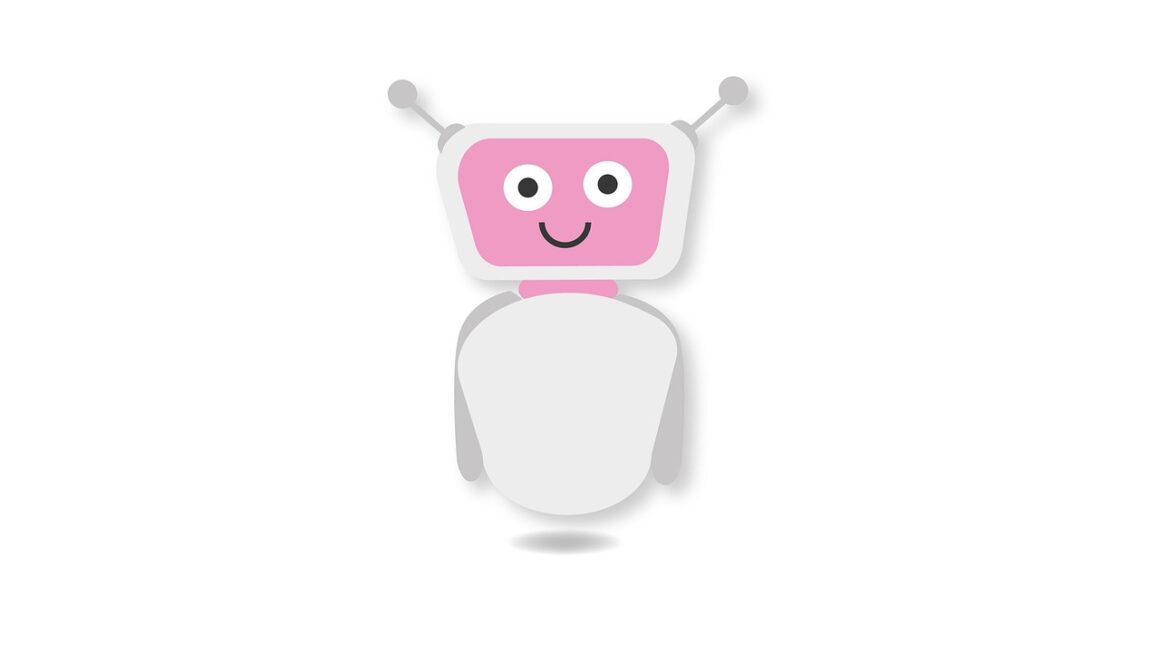Artificial intelligence (AI) is rapidly transforming the healthcare landscape, offering the potential to improve patient outcomes, streamline operations, and reduce costs. From early disease detection to personalized treatment plans, AI-powered solutions are poised to revolutionize how healthcare is delivered. This blog post delves into the various applications of AI in healthcare, providing insights into its current state and future possibilities.
AI-Powered Diagnostics and Early Disease Detection
Image Recognition and Analysis
AI excels at analyzing medical images such as X-rays, CT scans, and MRIs with remarkable accuracy. Machine learning algorithms can be trained to identify subtle anomalies that might be missed by human eyes, leading to earlier and more accurate diagnoses.
- Example: AI algorithms are being used to detect lung cancer from chest X-rays with higher sensitivity than traditional methods, potentially saving lives through early intervention.
- Example: AI-powered tools can analyze retinal scans to detect early signs of diabetic retinopathy, allowing for timely treatment and preventing vision loss.
Predictive Analytics for Disease Risk
AI can analyze vast datasets of patient information, including medical history, genetic data, and lifestyle factors, to predict an individual’s risk of developing certain diseases. This information can be used to personalize preventative care strategies and encourage healthier behaviors.
- Example: AI algorithms can identify individuals at high risk of developing heart disease based on their risk factors, enabling doctors to recommend lifestyle changes or medication to mitigate the risk.
- Benefit: Early detection of potential health problems allows for proactive interventions, improving patient outcomes and reducing healthcare costs.
AI in Personalized Medicine and Treatment
Personalized Treatment Plans
AI can tailor treatment plans to an individual’s unique characteristics and circumstances. By analyzing a patient’s genetic makeup, medical history, and lifestyle factors, AI algorithms can predict how they will respond to different treatments and recommend the most effective course of action.
- Example: In oncology, AI can analyze tumor DNA to identify specific mutations and recommend targeted therapies that are most likely to be effective.
- Benefit: Personalized treatment plans can improve treatment outcomes, reduce side effects, and increase patient satisfaction.
Drug Discovery and Development
AI is accelerating the drug discovery process by identifying potential drug candidates and predicting their effectiveness and safety. Machine learning algorithms can analyze vast datasets of chemical compounds and biological targets to identify promising drug candidates.
- Example: AI is being used to identify potential drug candidates for Alzheimer’s disease by analyzing data on brain structure, gene expression, and protein interactions.
- Tip: AI can also be used to optimize clinical trial design, reducing the time and cost of bringing new drugs to market.
AI for Streamlining Healthcare Operations
Automation of Administrative Tasks
AI can automate many of the routine administrative tasks that consume valuable time and resources in healthcare settings. This includes tasks such as appointment scheduling, insurance claims processing, and medical record management.
- Example: AI-powered chatbots can handle patient inquiries, schedule appointments, and provide basic medical information, freeing up staff to focus on more complex tasks.
- Benefit: Automation of administrative tasks reduces administrative costs, improves efficiency, and allows healthcare professionals to focus on patient care.
Improved Supply Chain Management
AI can optimize supply chain management in healthcare settings, ensuring that medications and medical supplies are always available when needed. AI algorithms can predict demand, track inventory levels, and automate ordering processes.
- Example: AI is being used to predict demand for vaccines and other essential medications, ensuring that supplies are adequate to meet patient needs.
- Data: A study by McKinsey found that AI-powered supply chain management can reduce inventory costs by up to 20%.
Challenges and Ethical Considerations
Data Privacy and Security
The use of AI in healthcare raises important concerns about data privacy and security. Healthcare data is highly sensitive and must be protected from unauthorized access and misuse.
- Challenge: Ensuring the privacy and security of patient data is essential for maintaining trust and preventing harm.
- Solution: Implement robust data security measures and adhere to strict privacy regulations such as HIPAA.
Bias and Fairness
AI algorithms can be biased if they are trained on biased data. This can lead to unfair or discriminatory outcomes.
- Challenge: Mitigating bias in AI algorithms is essential for ensuring fairness and equity in healthcare.
- Solution: Use diverse and representative datasets to train AI algorithms and carefully monitor their performance for bias.
Lack of Transparency
Some AI algorithms are “black boxes,” meaning that it is difficult to understand how they arrive at their decisions. This lack of transparency can make it difficult to trust and validate AI-powered solutions.
- Challenge: Increasing the transparency of AI algorithms is essential for building trust and enabling effective oversight.
- Solution: Use explainable AI (XAI) techniques to make AI algorithms more transparent and understandable.
Conclusion
AI holds immense promise for transforming healthcare, offering the potential to improve patient outcomes, streamline operations, and reduce costs. While challenges and ethical considerations must be addressed, the benefits of AI in healthcare are undeniable. As AI technology continues to evolve, it is poised to play an increasingly important role in shaping the future of healthcare. By embracing AI responsibly and ethically, we can unlock its full potential to improve the health and well-being of individuals and communities worldwide.




